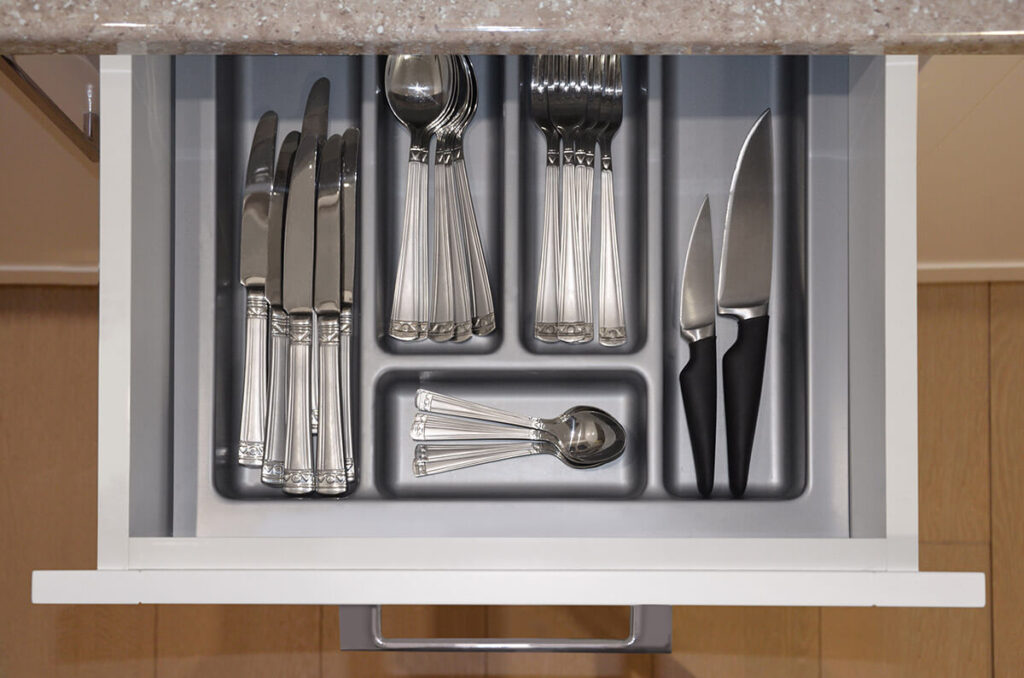Embarking on an international relocation is a significant undertaking that blends excitement with the anticipation of change. However, figuring out how to plan a move out of state can often be overwhelming. Fear not, for this comprehensive guide on how to plan moving is tailored to pave the way for a stress-free transition.


Planning to move out of state requires early preparation, whether hiring professionals or doing it yourself. Trustworthy movers can be found through research and recommendations. Secure fragile items with proper packaging, and opt for eco-friendly choices. Estimate costs by considering various factors and obtaining quotes. Relocate pets in compliance with regulations. Manage work-from-home transitions strategically.
How to Plan a Move – Setting the Timeline and Budget
Moving internationally demands a meticulously crafted plan that begins with setting a clear timeline and establishing a realistic relocation budget. These twin pillars will serve as the backbone of the entire relocation process, offering structure and financial control to ensure a smooth transition. By laying down a well-defined timeline and budget, you’ll create a solid foundation upon which every subsequent decision will be built, ultimately guiding you toward a successful and stress-free international relocation.
Determining the Moving Date
Selecting the optimal relocation date is a strategic decision that warrants careful consideration. Factors like work commitments, family obligations, and even climate conditions in the destination country can significantly influence this choice. Additionally, researching peak relocation seasons and potential public holidays in both current and future countries can help you avoid unnecessary delays and challenges.
Collaborating with the employer and coordinating with schools, if applicable, are further crucial aspects to align the date with the least disruption. By evaluating these multifaceted aspects, you can pinpoint the perfect moving date that aligns with your personal and professional needs, ensuring a seamless transition.
Estimating Moving Costs and Creating a Budget
Moving abroad involves a spectrum of expenses that necessitate a thorough estimation and a well-structured budget. Begin by researching the costs associated with packing, shipping, transportation, visas, legal documentation, and initial settling-in expenses. Obtaining quotes from international moving companies can offer valuable insights into potential expenditures. With a clear picture of these financial demands, you can then create a detailed budget that allocates funds for each category, allowing for contingency and unexpected costs.
Prioritizing Tasks and Creating a Moving Calendar
As you embark on the international relocation journey, managing an array of tasks can be overwhelming without a systematic approach. This is where a well-structured relocation calendar steps in. Compile a comprehensive to-do list of tasks, categorizing them into phases such as pre-relocation, moving day, and post-relocation. Begin with essential steps like securing passports and visas, notifying relevant institutions about the relocation, and sorting through belongings for donation or disposal.
Gradually move on to tasks like arranging transportation and coordinating with utility providers. Assign each task a specific timeframe and ensure that the calendar accommodates contingencies. This strategic approach will help you stay organized, track the progress, and alleviate relocation stress as you steadily advance toward the international relocation goals.
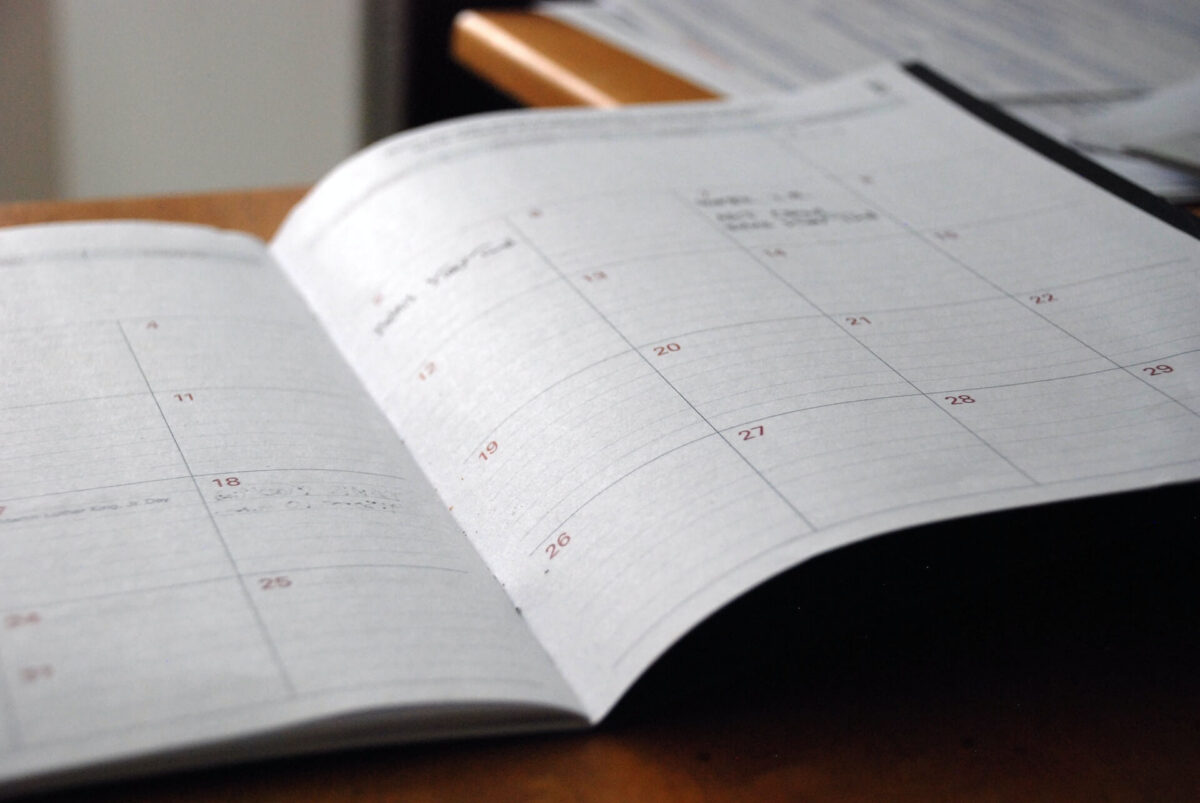

Make Sure You Have All the Necessary Documents Before the Move
Before embarking on moving overseas, it is imperative to ensure that you possess all the necessary documents that will facilitate a seamless transition to a new home. This detailed and comprehensive checklist encompasses a range of essential paperwork, including passports, visas, work permits, residence permits, and any other legal documentation mandated by the destination country. Thoroughly research the specific requirements and application processes, allowing ample time for processing and potential delays.
In addition to personal identification documents, gather medical records, academic transcripts, and professional certifications, as these might be indispensable when seeking employment, enrolling in schools, or accessing healthcare services abroad. By meticulously collating and verifying all the required documents beforehand, you can mitigate potential bureaucratic hurdles and confidently step into the new chapter with all necessary credentials at your disposal.
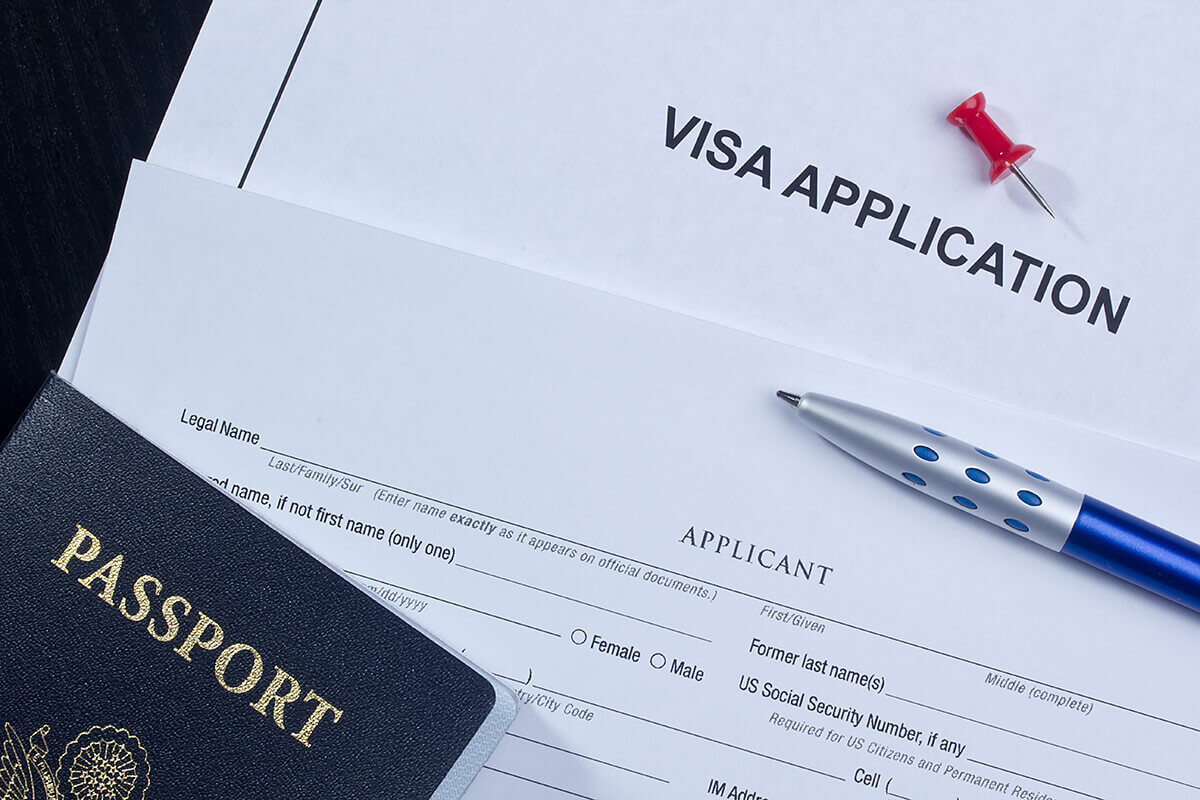

Inventory and Sorting
As you prepare for an international relocation, taking stock of the household items through a comprehensive home inventory and sorting process is a crucial step to streamline the relocation process. This phase not only helps you determine the extent of your belongings but also enables you to make informed decisions about what items to keep and take with you and what to leave behind and get rid of.
By systematically organizing possessions, you not only lighten the load for the relocation but also gain a clearer perspective on the items that hold sentimental or practical value. This inventory and sorting process sets the stage for efficient packing, reduces unnecessary clutter, and ensures that the new living space accommodates the most cherished belongings.
Taking Inventory of Household Items
Creating an exhaustive relocation inventory of all household items provides a comprehensive overview of what you’ll be transporting to a new destination. Begin by systematically going through each room and cataloging items such as furniture pieces, clothing, kitchenware, electronic devices, and décor.
Make detailed notes about the condition of each item and consider taking photographs for documentation purposes. This inventory not only helps you keep track of possessions but also serves as essential documentation for insurance purposes and customs declarations. Whether you choose to use digital tools or traditional pen and paper, this meticulous inventory will play a pivotal role in a well-organized and hassle-free international relocation.
Deciding What to Keep, Sell, or Donate
Facing the decision of what items to keep, sell, or donate can be emotionally challenging yet highly liberating. Take this opportunity to evaluate each item’s utility, sentimental value, and practicality in your new life overseas. Consider factors like climate differences, electrical compatibility, and available storage space.
Items that might have outlived their purpose or are readily replaceable might be better off sold or donated. Sentimental and essential items should take precedence, but striking a balance between sentiment and practicality will streamline the international relocation and simplify the unpacking process. Watch this video if you need more tips on decluttering.
Special Considerations for Fragile or Valuable Items
Valuable or fragile items require special attention and care during an international relocation. Identify items such as artwork, antiques, electronics, glassware, and delicate collectibles that demand extra protection. Research and invest in appropriate packing materials, such as bubble wrap, foam peanuts, and custom-sized boxes.
Consider seeking professional packing services for particularly delicate items to ensure they get to a foreign country unscathed. If applicable, obtain appraisals for valuable items to facilitate insurance coverage in case of damage, loss, or other relocation mistakes during transit. By giving these items the attention they deserve, you’ll safeguard cherished possessions and arrive at the new home with a sense of reassurance and continuity.


Hiring Professional International Movers
Hiring professional international movers can significantly alleviate the complexities of the relocation, providing expertise and logistical support that ensure a smooth transition to the new country. The process of entrusting belongings to an overseas moving company begins with thorough research and evaluation of potential candidates.
International movers possess the experience and resources to handle the intricate details of cross-border moves, making them invaluable partners in orchestrating a successful transition. From comprehensive packing and secure shipping to navigating customs regulations, hiring reputable professionals offers peace of mind and the assurance that your belongings will reach their destination with minimal stress.
Evaluating Moving Companies
When selecting an international moving company, careful assessment is crucial to ensure a reliable and trustworthy partnership. Start by soliciting recommendations from friends, colleagues, or online reviews.
Verify the company’s credentials, including licensing, certifications, and affiliations with international moving associations. You can check if a company is legitimate on sites like the Better Business Bureau. Request detailed quotes that outline the scope of moving services by sea or by air freight, costs, and any potential additional charges.
Communication and transparency are key; choose an overseas shipping company that is responsive to your inquiries and offers clear explanations of the relocation process. By conducting thorough due diligence, you can confidently entrust belongings to a reputable mover and focus on other aspects of the relocation.
Understanding Insurance and Liability Factors
Insurance coverage is a critical aspect of international relocation, offering financial protection in the unlikely event of loss or damage to your belongings during transit. Different companies offer varying levels of insurance options, so it’s essential to fully understand the terms, coverage limits, and exclusions.
Evaluate whether the provided coverage adequately aligns with the value of your items, and consider purchasing additional insurance if needed. Delve into the company’s liability policies and inquire about their claims process in case of any unfortunate incidents. Being well-informed about insurance and liability factors ensures that you’re prepared for any unforeseen circumstances and that your possessions are adequately protected.
Check What Items Movers Won’t Move
As you engage professional movers for the upcoming international relocation, it’s important to be aware of items considered hazardous or prohibited for transport. Common examples of items movers won’t transport include flammable materials, perishable goods, firearms, and certain chemicals.
Different countries may have specific restrictions on imports, so it’s vital to research and comply with customs regulations to prevent delays or complications. Items of high personal or sentimental value might be better suited for transport in personal luggage. By adhering to the guidelines provided by the chosen relocation company and understanding international regulations, you can ensure a hassle-free relocation and avoid any challenges related to restricted items.
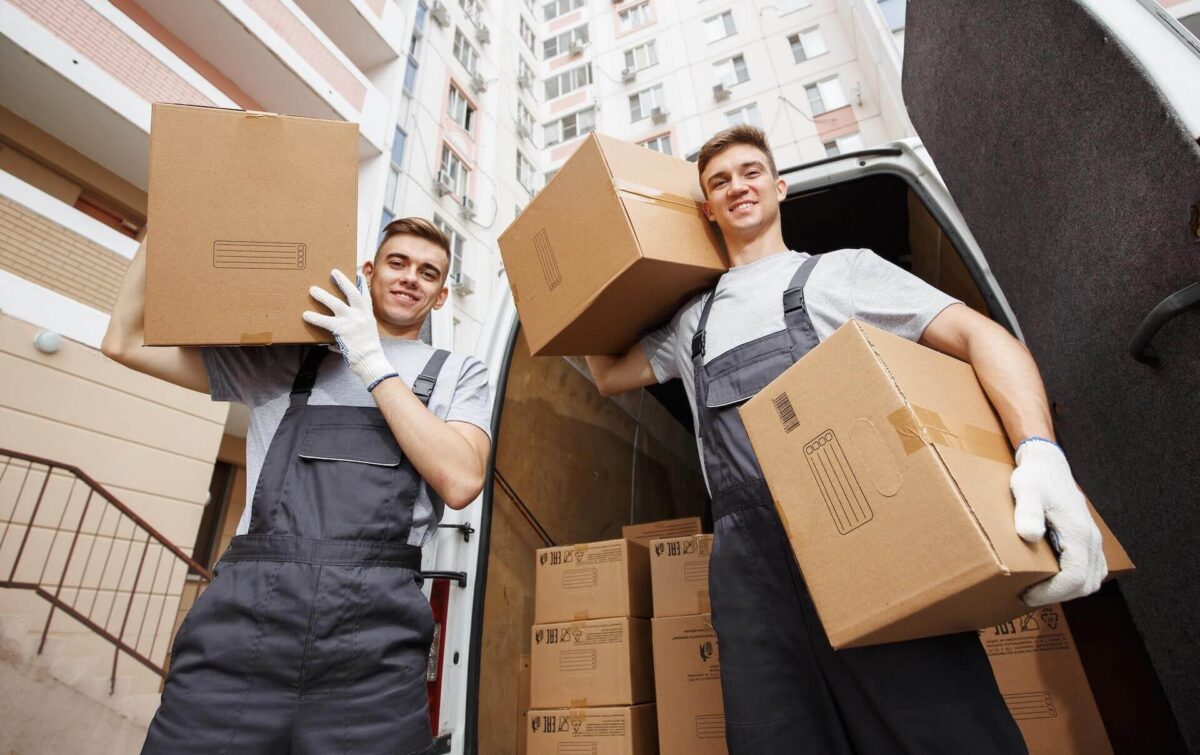

Packing and Preparing
The art of packing plays a pivotal role in the success of international relocation, determining the safety and condition of belongings upon arrival. A well-executed packing process not only safeguards your possessions but also optimizes space and minimizes the potential for damage during transit.
Gathering Packing Supplies and Tools
Before you dive into packing, gather an assortment of supplies and tools that will facilitate an efficient and secure process. Stock up on sturdy cardboard boxes of various sizes, tape, bubble wrap, packing paper, and cushioning materials. Specialized boxes for fragile items, such as dishware and artwork, can offer added protection. Additionally, labeling materials, markers, and a notebook for inventory purposes will keep you organized throughout the process.
Developing a Packing Strategy
Developing a well-thought-out strategy is essential to ensure that all belongings are packed systematically and optimally. Begin by categorizing items according to their type, size, and fragility. Prioritize items that you’ll need immediately upon arrival and those with sentimental value. Fragile items demand careful attention, with layers of protective wrapping and proper cushioning.
Keep similar items together in boxes, and label each box with its contents and the room it belongs to. As you pack, maintain an inventory list for cross-reference during unpacking. By strategizing the packing process, you’ll streamline unpacking and facilitate an efficient transition.
Safety and Efficiency Tips for Packing
Packing efficiently is as much about safety as it is about organization. Begin by putting heavier items at the bottom of boxes and placing lighter items on top to prevent damage. Use packaging paper or bubble wrap to wrap fragile items individually, creating a protective layer. Fill gaps in boxes with cushioning materials to prevent shifting during transit. Disassemble larger furniture if possible to save space and protect the pieces from damage.
As you pack, remember to label boxes clearly and designate a “unpack first” box with essential items for the first days in a new home. Stay organized, take breaks when needed, and enlist help from friends or professionals for particularly heavy or delicate items. By adhering to these safety and efficiency relocation tips, you’ll not only ensure the integrity of belongings but also make the process more manageable and less stressful.
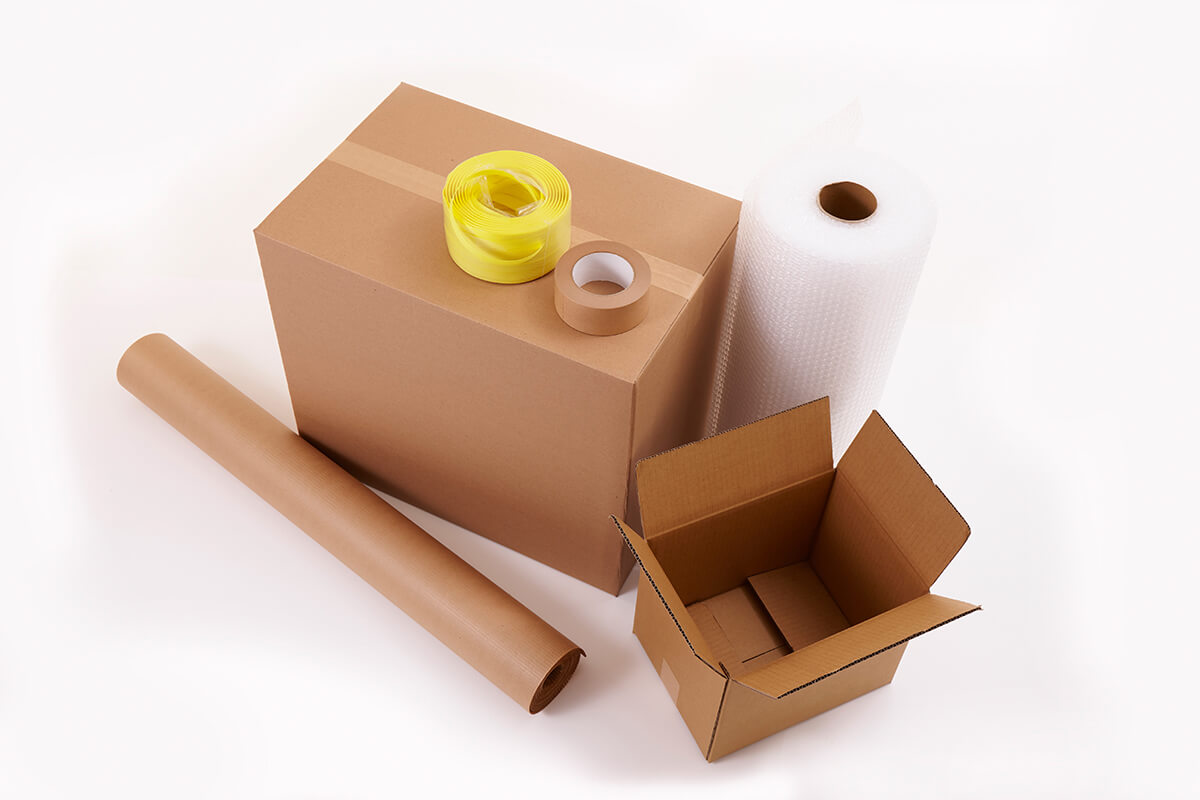

Preparing for Moving Day
The culmination of the international relocation journey, the day of the relocation, requires careful preparation and coordination to ensure a seamless transition from the current home to a new destination. This pivotal moment involves much more than the physical act of relocating; it’s about orchestrating a well-organized operation that reflects the culmination of weeks or months of planning. To ensure that moving day goes off without a hitch, meticulous attention to detail, open communication, and a strategic approach are key.
Confirming Details With Movers or Helpers
As the big day approaches, it’s crucial to confirm all details with the chosen relocation company or any friends and family who are assisting. Double-check the arrival time of the movers, ensuring they have clear directions. Confirm any special instructions, such as fragile item handling or specific room placements for boxes.
Provide contact information for easy communication. If you’ve enlisted the help of friends or family, coordinate their roles and responsibilities so everyone is on the same page. By confirming these essential details ahead of time, you’ll minimize stress on the day of the relocation and pave the way for a well-executed transition.
Packing Essentials and Preparing for Moving Day
In the whirlwind of the big day, it’s easy to overlook essential items you’ll need immediate access to upon arrival at your new home. As part of the preparation, pack a suitcase or box with essentials like toiletries, a change of clothes, important documents, medications, chargers, and any valuables you prefer to keep with you.
Label this box clearly and ensure it’s easily accessible during the relocation. Additionally, prepare snacks and drinks to keep everyone energized throughout the day. Have a toolkit handy for any last-minute disassembly or minor fixes.
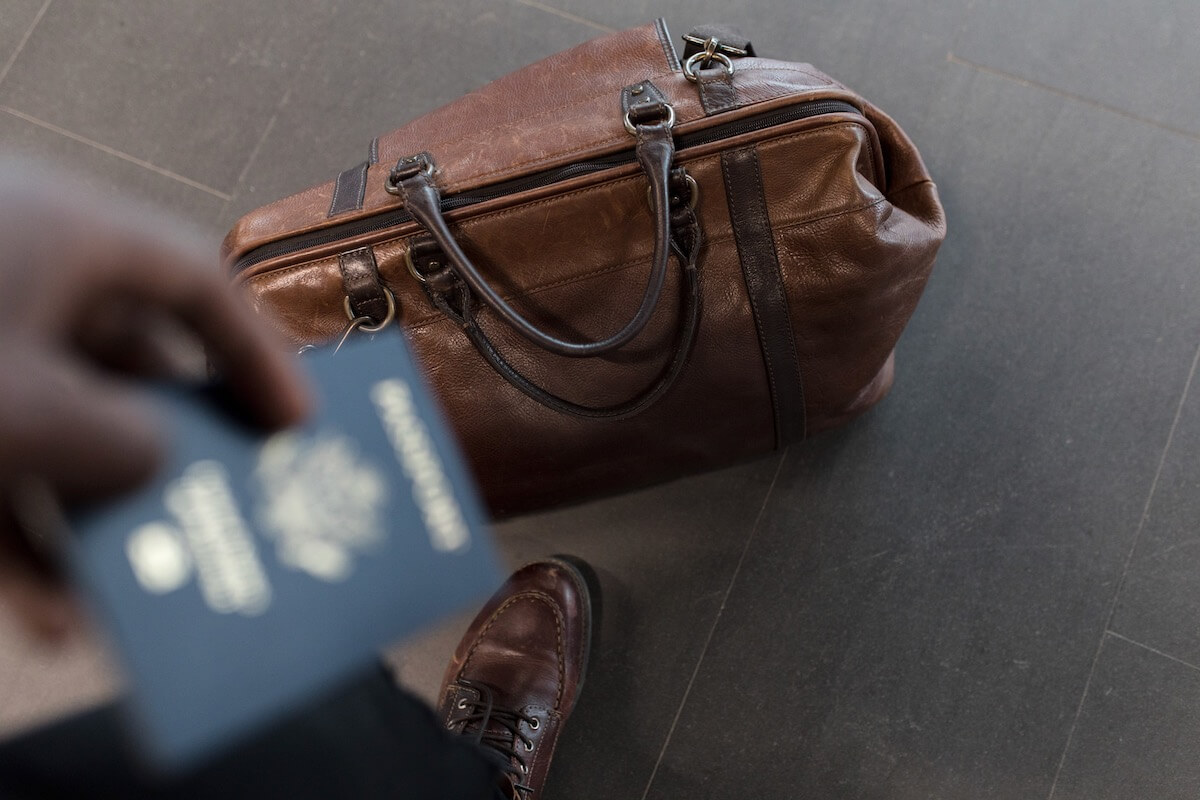

A Seamless International Relocation
Embarking on an international relocation is a journey that demands thorough planning and meticulous organization. By employing the insights and strategies outlined in this guide, you can navigate the complexities of relocating to a new country with confidence, ensuring a smooth, stress-free, and rewarding experience as you begin this exciting new chapter of your life. Hiring movers will make the whole process much easier, so contact us at Sunset International Shipping and allow us to safely relocate your belongings overseas.
FAQ
Ideally, start planning the relocation at least 2-3 months in advance to ensure ample time for preparations, from setting a timeline to organizing logistics.
The decision depends on the circumstances. Hiring professional movers offers expertise and convenience, while doing it yourself can be cost-effective but requires more effort.
One of the most important things when it comes to how to plan for a move is finding reputable movers. Research online reviews, ask for recommendations, verify credentials, check for affiliations with relocation associations, and request detailed quotes from multiple companies.
Wrap fragile items individually with bubble wrap or packing paper, use appropriate boxes, cushion them with packing material, label them as fragile, and consider specialized packing services for your valuable items.
Opt for reusable packaging materials, donate or recycle unwanted items, consolidate trips, and consider using environmentally friendly relocation companies.
Calculate costs, including transportation, packaging materials, insurance, customs fees, and potential storage. Obtain quotes from relocation companies for a more accurate estimate.
Research and comply with import regulations, obtain health certificates for pets, use appropriate carriers, and ensure plants comply with the destination country’s rules.
Plan the relocation around work deadlines, create a dedicated workspace early, inform colleagues and clients in advance, and consider remote work options during the transition.
Yes, international moves are possible. Key considerations include visa requirements, legal documentation, cultural adjustments, and an understanding of local customs and regulations.
Stay flexible, maintain open communication with movers, have contingency plans, and remain proactive in finding solutions to unexpected challenges.





